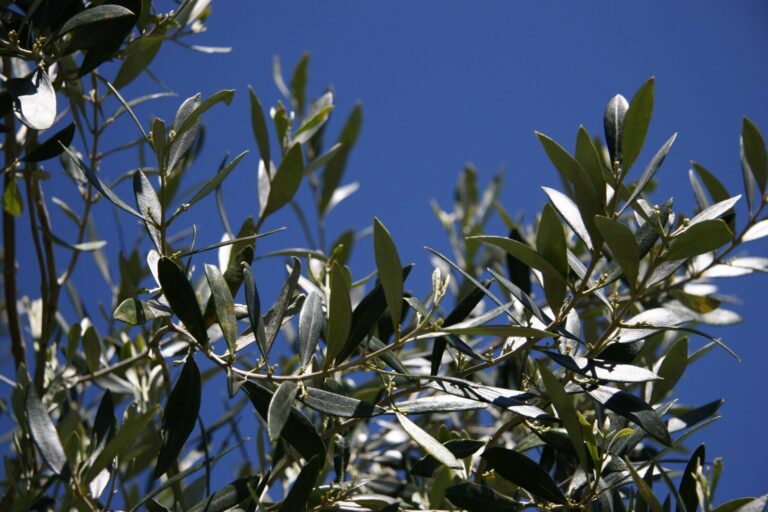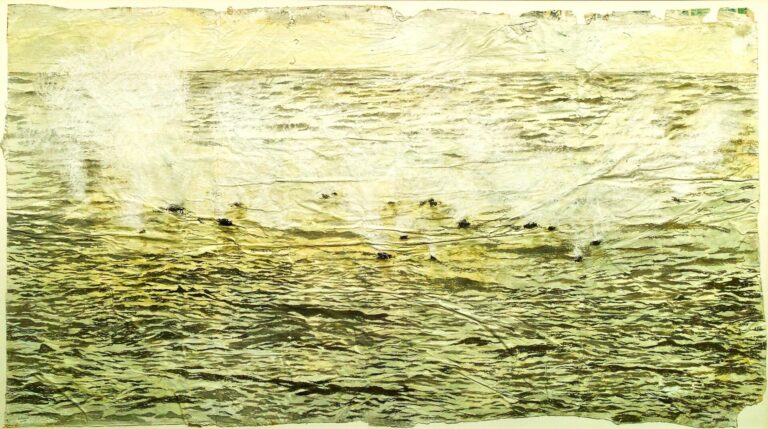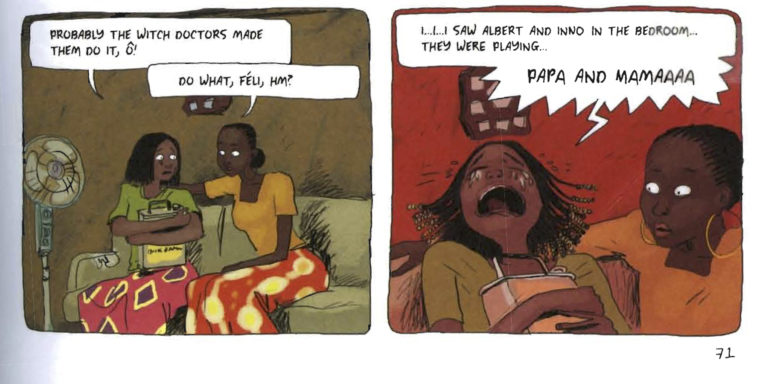This issue of Lateral introduces new features and significant original scholarship, including the Feeding the Civic Imagination forum, the debut of Aporias, new additions to Years in Cultural Studies and Positions, three original articles, and several book reviews.
Articles by andré m. carrington
andré carrington is a scholar of race, gender, and genre in Black and American cultural production and a co-editor of Lateral. He is currently Associate Professor of English at the University of California, Riverside. His first book, Speculative Blackness (University of Minnesota Press, 2016) interrogates the cultural politics of race in the fantastic genres through studies of science fiction, fanzines, comics, film and television. He is currently at work on a second book-length project, Audiofuturism, on radio adaptations of Black speculative texts. He is a past recipient of fellowships from the Radcliffe Institute for Advanced Study at Harvard and the National Humanities Center. With Abigail De Kosnik, he has co-edited a special issue of Transformative Works & Cultures journal on Fans of Color/Fandoms of Color. Carrington's writing appears in journals (American Literature, Souls, and Lateral), books (After Queer Studies, The Blacker the Ink, A Companion to the Harlem Renaissance, Black Gay Genius), and blogs (Black Perspectives). He is also a contributor to the Cambridge Companion to Queer American Literature, Digital Pedagogies in the Humanities, and Keywords for Comics Studies, and one of the founders of the Queers & Comics international conference.
Editors’ Introduction: Cultural Studies toward a Free Palestine
Responding to Palestinian organizers’ calls to use our voice, continue to engage in conversations, and to speak out, this statement articulates what we see as the abolitionist and anti-colonial way forward—the only way we can commit to a free Palestine. Imagining and building alternatives is the future, the horizon of possibility, that Lateral, as part of the intellectual and activist project of cultural studies, is imperfectly but consistently striving toward. Here, we highlight work in this issue, including the Towards Third Worlding forum, articles, book reviews, and the second installment of the Positions podcast. We continue to welcome authors to join in this work of pushing the field of cultural studies further, towards its promise of critical inquiry matched by political engagement.
Editors’ Introduction: Lateral Changes
This issue marks the addition of a new co-editor and several special projects, including Lateral‘s first podcast, Positions. This issue presents two important sections of work, both building on conversations in the field and across publications: “The Black Shoals Dossier,” curated by Beenash Jafri, and the second part of “Crip Pandemic Life,” edited by Alyson Patsavas and Theodora Danylevich. In addition to these impressive sections, the issue features three research articles and ten book reviews.
Editors’ Introduction
In this introduction, the editors continue their reflections on scholarly editing in the pandemic, welcome two new co-editors, and announce a grant-funded initiative that builds on Lateral Forums. This issue features three regular articles, book reviews, and the first installment of a special section, “Crip Pandemic Life: A Tapestry,” which builds on the “Cripistemologies of Crisis” special section, edited by Theodora Danylevich and Aly Patsavas, last year.
Minor Miracles: Toward A Theory of Novelty in Aya of Yopougon
This essay undertakes a reparative reading of Aya of Yopougon, a multivolume graphic novel by Marguerite Abouet and Clément Oubrerie. Setting Aya alongside other African comics and prevailing interpretations of African and Diasporic literatures, this interpretation coins the term “novelty” to describe the unique mode of representing subjects, space, and time in the text. This “novelty” situates Aya at the intersection of tendencies in African, European, and North American comics art, and it juxtaposes subtle renditions of everyday life with overdetermined representations of African societies and Africans in Diaspora. The essay also articulates the relevance of novelty for feminist, queer, and postcolonial theories, comics scholarship, and Diaspora Studies.




